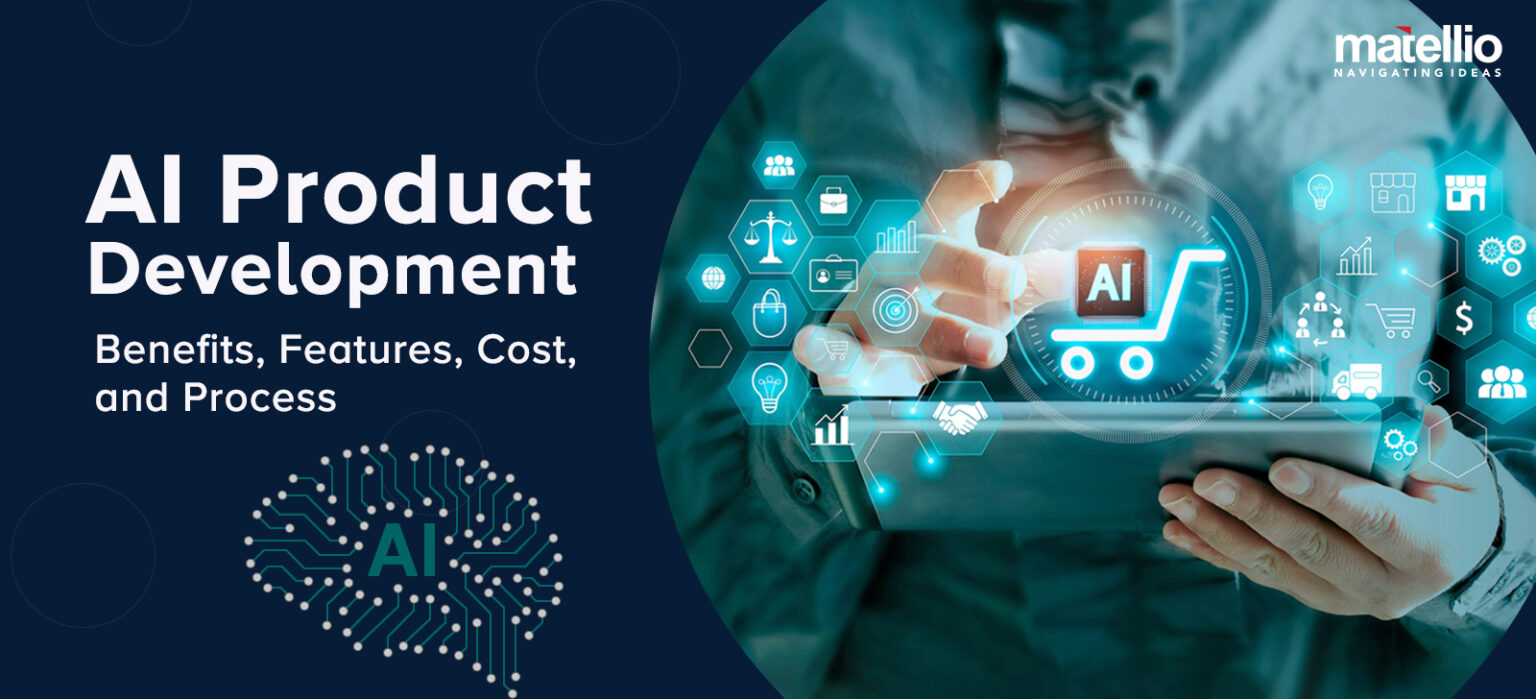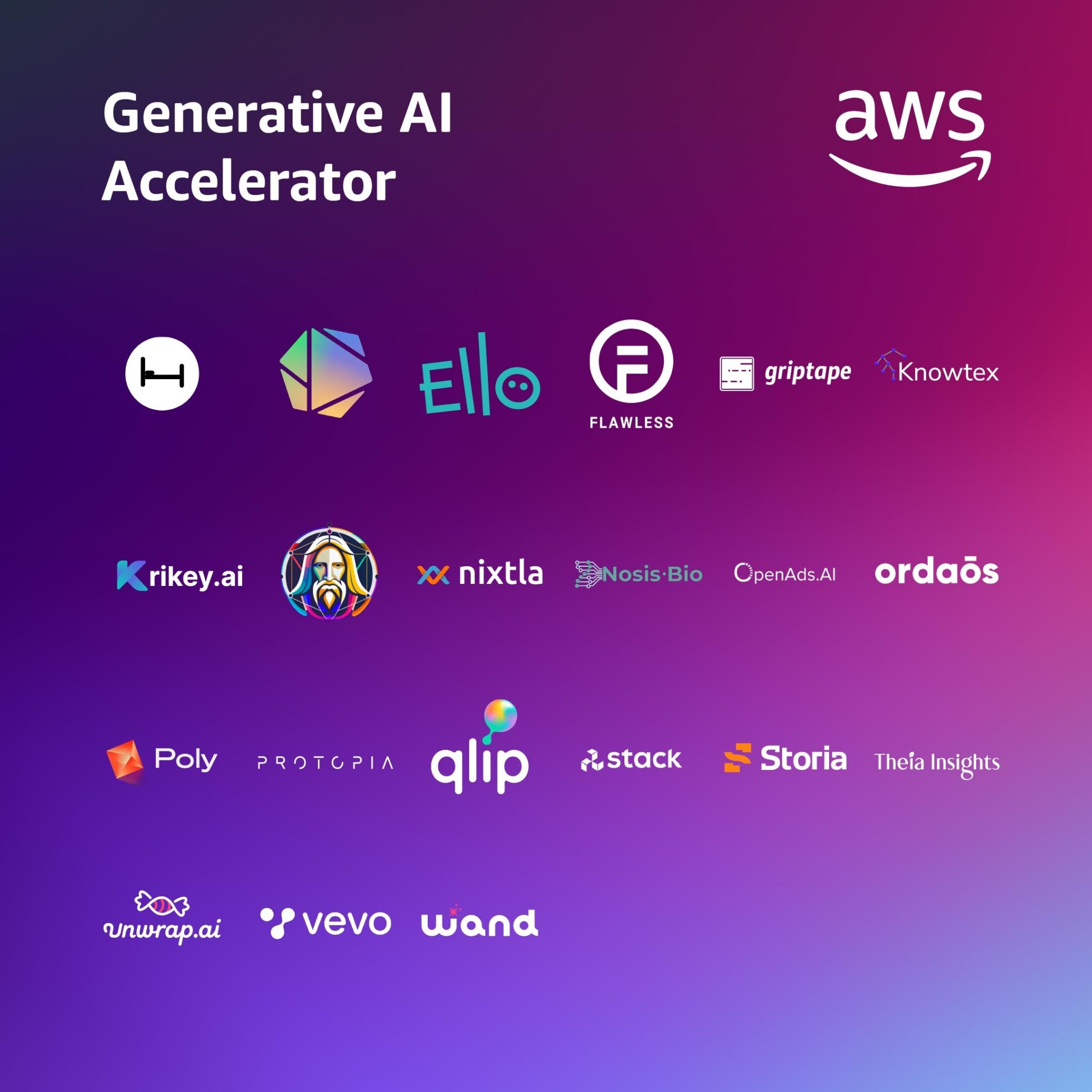
10 Top AI Founders To Watch in 2025

The artificial intelligence landscape is moving at a breakneck pace, and at the heart of this revolution are visionary founders. These leaders aren’t just building companies; they are architecting the future, creating technologies that redefine industries and challenge our understanding of intelligence itself. From developing safer, more ethical AI to automating complex business processes, the founders on this list are the ones to watch as we navigate the transformative world of AI in 2025.
This year is pivotal for AI development, with a mix of scaling traditional models and exploring novel approaches that are producing groundbreaking capabilities. This article highlights the trailblazers whose work today is shaping the technology of tomorrow.
1. Dario Amodei & Jack Clark (Anthropic)
Dario Amodei, CEO, and Jack Clark, Head of Policy, lead Anthropic, a startup that has quickly become a chief rival to OpenAI. Founded in 2021 by former OpenAI researchers, Anthropic’s mission is to build reliable, interpretable, and steerable AI systems. Their work is centered on AI safety, a mission that spurred them to leave OpenAI for a more dedicated focus. With their family of large language models, named Claude, they compete directly with ChatGPT and Google’s Gemini. Backed by major investments from Google and Amazon, Anthropic is valued at over $60 billion. Amodei, who co-authored the seminal paper “Concrete Problems in AI Safety” at Google, predicts AI systems could surpass human intelligence by 2026. Clark, a respected AI policy expert, advocates for transparent governance and argues that a safety-first approach is a winning business strategy.
2. Fei-Fei Li (World Labs & Stanford HAI)
Dr. Fei-Fei Li is a titan in the AI field, renowned for creating ImageNet, the dataset that was instrumental in the birth of the modern AI revolution. As the Co-Director of Stanford’s Human-Centered AI Institute (HAI), her work is guided by the philosophy that “AI is a tool, and its values are human values.” In 2024, she co-founded World Labs to focus on Spatial Intelligence and generative AI. Her research is pushing the frontiers of how AI perceives and interacts with the 3D world, blending generative capabilities with physics-based reasoning. Beyond her technical contributions, Dr. Li is a leading national voice for ensuring human-centered progress in AI and a vocal advocate for diversity, having co-founded the nonprofit AI4ALL to bring more inclusive education to the field.
3. Nabil Jallouli (Rollstack)
Nabil Jallouli co-founded Rollstack to solve a problem he witnessed firsthand at tech giants like Pinterest and Tesla: highly skilled professionals bogged down by the repetitive, manual task of creating data-driven presentations. Rollstack’s platform automates this “last-mile problem” of data reporting by integrating directly with BI tools like Tableau and Looker to automatically populate and refresh Google Slides and PowerPoint decks. Jallouli’s approach exemplifies a key 2025 trend: building targeted AI solutions that embed into existing workflows to augment human workers, not just disrupt them. His mission is to free up teams to focus on strategic thinking and innovation rather than drudgery.
4. Rana el Kaliouby (Affectiva & Smart Eye)
Dr. Rana el Kaliouby is a pioneer in the field of Emotion AI, the technology that can understand human emotions and complex cognitive states from facial and vocal cues. She co-founded Affectiva, an MIT Media Lab spin-off, to humanize technology. Now Deputy CEO at Smart Eye, which acquired Affectiva in 2021, she continues to scale the technology for industries from automotive to mental health research. A passionate advocate for the ethical development of AI, el Kaliouby is a member of the Partnership on AI and the World Economic Forum’s Council of Young Global Leaders, where she works to mitigate algorithmic bias and ensure data privacy.
5. Stefanos Loukakos (Connectly)
After holding director roles at Google and Facebook, Stefanos Loukakos co-founded Connectly to revolutionize e-commerce through conversational AI. Connectly’s platform uses AI to help businesses convert customer messages on platforms like WhatsApp and SMS into sales, moving beyond impersonal interactions to personalized, two-way conversations. The company, backed by Alibaba, addresses key retail challenges like cart abandonment with automated, tailored outreach. Loukakos is focused on building an AI-powered infrastructure that allows businesses to manage marketing, sales, and customer experience all within a customer’s preferred messaging thread.
6. Roop Pal (Bild AI)
Roop Pal is taking AI into the construction industry, a sector ripe for innovation. Pal, a former engineer at Google and Waymo, co-founded Bild AI to automate the painstaking and error-prone process of analyzing construction blueprints. The software extracts material and cost data, aiming to reduce project delays and pre-construction expenses. After emerging from a social impact hackathon, the idea was quickly accepted into Y Combinator. With a recent $3.1 million seed round led by Khosla Ventures, Bild AI is a prime example of venture capital’s growing interest in vertical AI startups that solve specific, high-value industry problems.
7. Austin Armstrong (Syllaby.io)
Austin Armstrong is at the forefront of agentic AI, building systems that autonomously execute tasks on a user’s behalf. His company, Syllaby.io, uses AI to create and manage viral content channels for businesses. The AI agents handle the entire workflow, from identifying topics and trends to generating video scripts and scheduling posts, driving business growth with minimal human intervention. This represents a significant shift from AI as a passive assistant to an active, problem-solving partner.
8. Niken Patel (Neuron7.ai)
Based in San Jose, Niken Patel is driving AI innovation in the service industry with Neuron7.ai. The company develops AI-driven solutions for customer and field service management, helping enterprises resolve complex issues faster. By analyzing past service data, Neuron7.ai can diagnose problems and recommend solutions, significantly boosting the efficiency of service teams. Patel’s work highlights the immense impact of AI in optimizing complex, knowledge-based enterprise workflows.
9. Azadeh Williams (AZK Media)
Recognized as one of the top leaders in AI, Azadeh Williams is a powerful voice for ethical and cross-cultural AI deployment. As the founder of AZK Media, she develops AI ethics frameworks for global clients, arguing that values must be localized, not imposed from a single cultural viewpoint. She is a key figure in the push for consumer-centric AI, where transparency and ethical governance are paramount. Her work with the Global AI Ethics Institute prioritizes critical issues like indigenous data sovereignty, ensuring that AI development respects diverse cultural contexts.
10. Heather Murray (AI For Non-Techies)
Heather Murray is tackling one of the biggest challenges in the AI space: the knowledge gap. Through her organization, AI For Non-Techies, she is a leading advocate for making AI accessible and understandable to a broader audience. She emphasizes that AI is still far from achieving human-like reasoning and cautions against “solution-first myopia,” where founders build technology without first validating a real-world problem. Murray’s work is crucial for empowering a more diverse group of people to participate in the AI revolution.
Advice for Aspiring AI Founders
The journey of today’s top founders offers a clear playbook for success. The consensus is to focus on solving a real problem first, a principle that is core to building a successful venture, regardless of your technical background.
Many aspiring entrepreneurs believe they can’t launch an AI company without being a coder. However, the rise of no-code tools, accessible AI APIs, and specialized training programs is democratizing the field. This shift allows professionals with deep industry knowledge—in fields like law, marketing, or construction—to build impactful AI solutions. Platforms like the AI Product Accelerator are designed for this new wave of entrepreneurs, providing a structured curriculum to build and launch AI products without needing to code. The program’s philosophy emphasizes that domain expertise is often more critical than technical skill, empowering professionals to turn their industry pain points into viable, job-safe AI products that augment human capabilities.
Success isn’t about building the most complex model; it’s about providing the most valuable solution. By focusing on a specific user need, validating your idea rigorously, and leveraging the growing ecosystem of accessible AI tools, non-technical founders are increasingly well-positioned to build the next generation of transformative companies.
Inspired by the founders on this list? If you have deep industry knowledge but not a technical background, you don’t have to sit on the sidelines. The AI Product Accelerator provides a structured, 12-week program designed to help non-technical professionals build and launch their own AI products. Turn your industry expertise into a viable product and join the new wave of AI entrepreneurship.

/read more
Related Articles


Mastering the Best AI Product Development Techniques

